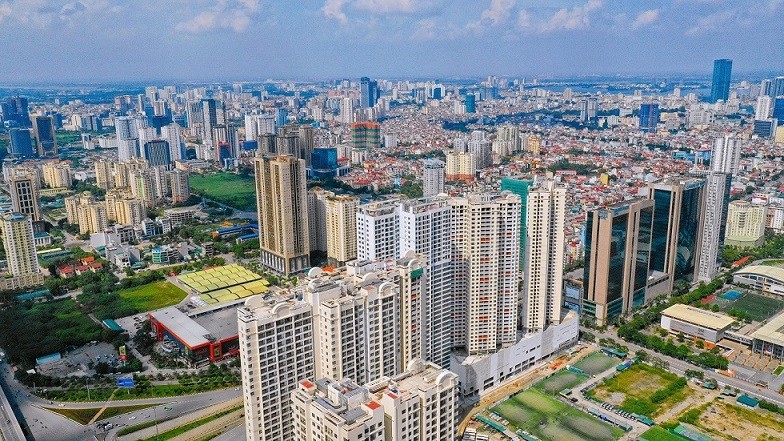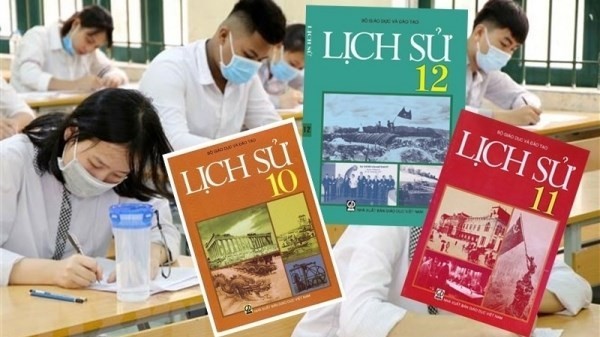
Vietnam offers helpful growth lessons: expert
Latest
 |
| Illustrative photo. (Photo: VNA) |
According to the author – Richard Heydarian, expert on politics, international relations and the East Sea (also known as South China Sea) at the Stratbase ADR Institute for Strategic and International Studies (ADRi), there are three main lessons that other countries can learn from Vietnam.
“The first, and arguably most important, lesson from Vietnam is their emphasis on basic education, especially in math and sciences,” read the article.
It said Vietnam ranked eighth in the world when it was first included in the prestigious Programme for International Student Assessment (Pisa) by the Paris-based Organisation for Economic Co-operation and Development. It means that average students in the Southeast Asian country beat the bulk of rich-nation counterparts in terms of basic proficiency in maths and sciences, as well as in reading comprehension.
The author went on noting that the second lesson from Vietnam is an optimal mix of agricultural and industrial development. Instead of excessively relying on the service sector as in India and the Philippines, or extractive industries as in Indonesia, Vietnam has simultaneously become an agricultural and manufacturing powerhouse.
As per the article, thanks to its proactive trade, industrial, and agricultural policies, Vietnam has become one of the largest exporters of staple foods, such as rice, as well as high-value-added electronics. Its export-oriented economy even managed to post economic growth in 2020.
The expert said the third lesson from Vietnam is its unique approach to the outside world. “On one hand, the Southeast Asian country has ‘globalized’ and opened up itself to the world under the Doi Moi (restoration) economic reforms without compromising its authentic social values, vibrant food culture, and distinct architecture,” he wrote.
Moreover, Vietnam has proactively cultivated robust economic relations with the West, finalising free trade pacts with the US, Canada, Australia, and Europe; as well as with the East, from Japan and the Republic of Korea to India and Russia, the expert added.

















